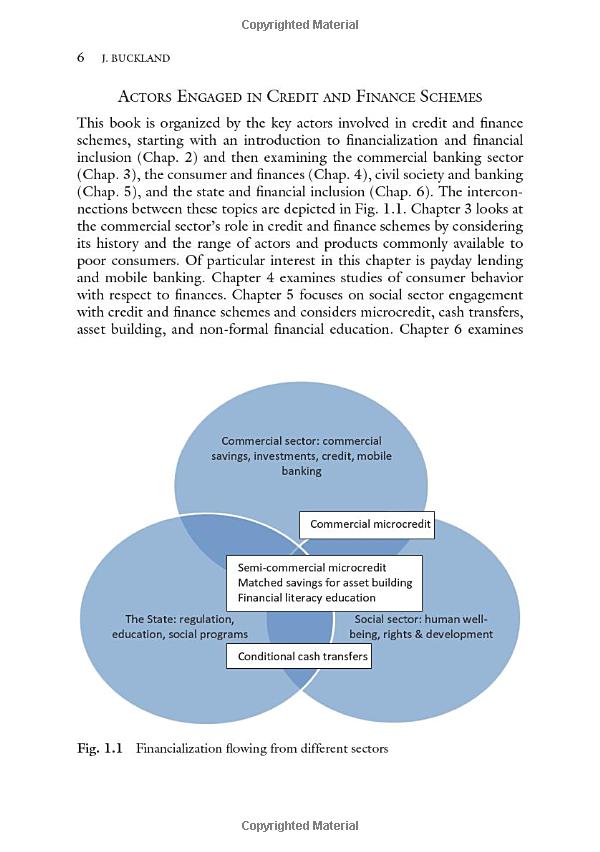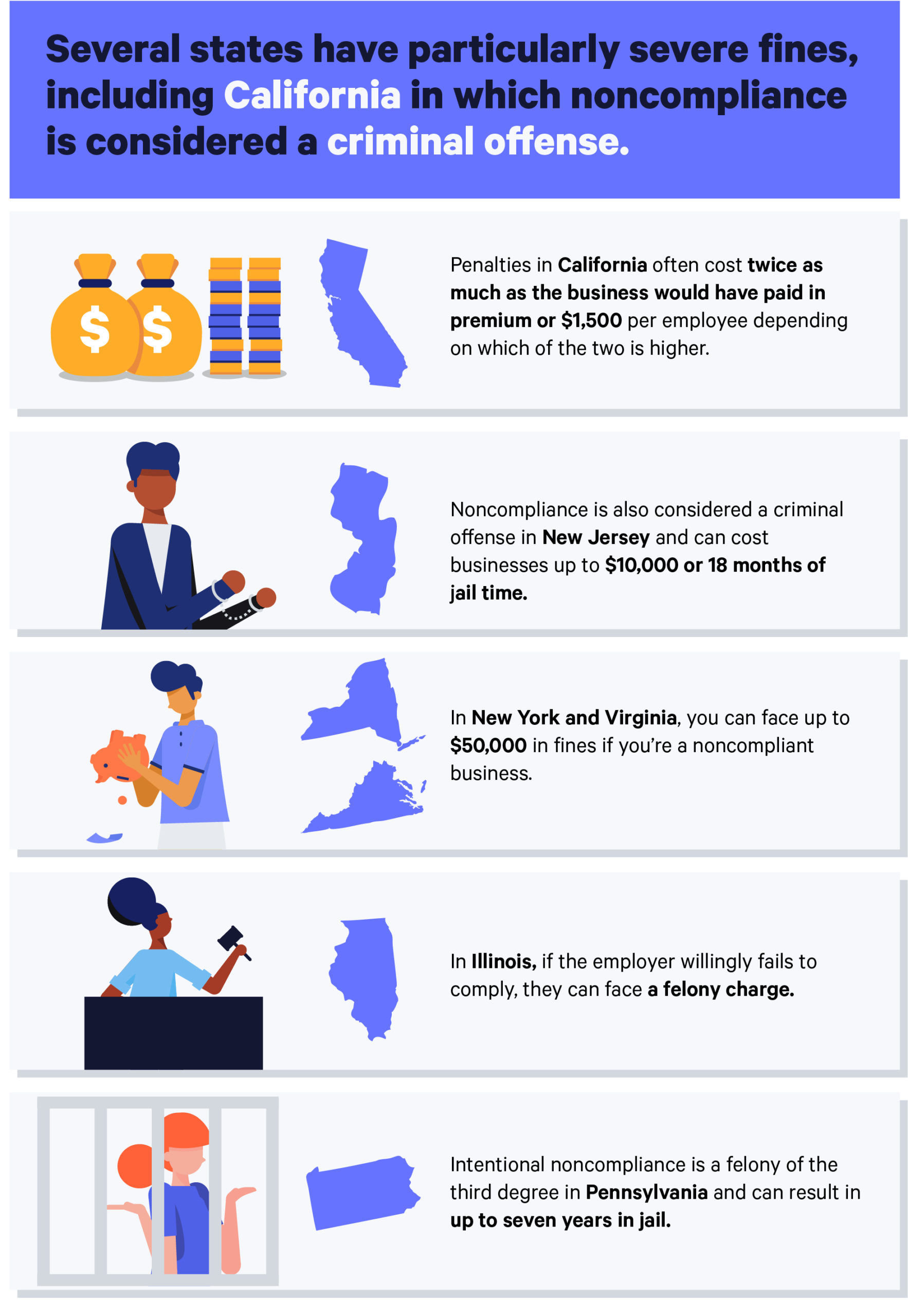Is a VA Loan a Conventional Loan: Understanding the Differences and Benefits
Guide or Summary:What is a VA Loan?What is a Conventional Loan?Key Differences Between VA and Conventional LoansAdvantages of VA LoansAdvantages of Conventi……
Guide or Summary:
- What is a VA Loan?
- What is a Conventional Loan?
- Key Differences Between VA and Conventional Loans
- Advantages of VA Loans
- Advantages of Conventional Loans
When it comes to obtaining a mortgage, many borrowers are often confused about the various loan options available. Among these options is the Veteran Affairs (VA) loan and the conventional loan. While both types of loans have their unique features, it's essential to understand their differences and benefits to make an informed decision. This article will delve into the distinctions between a VA loan and a conventional loan, highlighting the advantages of each and how they might be suitable for different borrowers.
What is a VA Loan?
A VA loan is a mortgage loan specifically designed for eligible veterans, active-duty military personnel, and certain family members. It is backed by the Veteran Affairs, a U.S. government agency that aims to support the nation's veterans and their families. The primary advantage of a VA loan is that it offers competitive interest rates and favorable terms, often with no down payment required.
What is a Conventional Loan?
On the other hand, a conventional loan is a mortgage loan that is not guaranteed or insured by any government agency. It is typically offered by private lenders, such as banks and credit unions. Conventional loans come in various forms, including fixed-rate and adjustable-rate mortgages, and they often require a down payment and meet specific credit score requirements.

Key Differences Between VA and Conventional Loans
One of the most significant differences between VA and conventional loans is their eligibility criteria. As mentioned, VA loans are available to eligible veterans, active-duty military personnel, and certain family members. In contrast, conventional loans are available to anyone who meets the lender's credit and income requirements, regardless of their military service status.
Another key difference lies in the down payment requirements. As previously mentioned, VA loans often require no down payment, making them an attractive option for borrowers who may not have significant savings. Conventional loans, on the other hand, typically require a down payment, which can range from 3% to 20% of the home's purchase price, depending on the lender and the type of loan.
In terms of credit score requirements, VA loans are generally more lenient than conventional loans. While there is no specific credit score requirement for VA loans, borrowers must have a debt-to-income ratio of 43% or less. Conventional loans, on the other hand, require a minimum credit score of 620, depending on the type of loan and the lender.

Advantages of VA Loans
One of the primary advantages of a VA loan is the competitive interest rates and favorable terms. Because VA loans are backed by the government, they often come with lower interest rates and more lenient terms than conventional loans. Additionally, VA loans typically require no down payment, making them an attractive option for borrowers who may not have significant savings.
Another advantage of a VA loan is the no-pmi requirement. Mortgage insurance premium (mpi) is typically required on conventional loans with less than 20% down. However, VA loans do not require mpi, which can save borrowers thousands of dollars over the life of the loan.
Advantages of Conventional Loans
While VA loans offer many benefits, conventional loans also have their advantages. One of the primary advantages of a conventional loan is the flexibility in terms of loan amount and type. Conventional loans can be used to finance a wide range of properties, including primary residences, vacation homes, and rental properties. Additionally, conventional loans come in various forms, including fixed-rate and adjustable-rate mortgages, allowing borrowers to choose the option that best suits their needs.

Another advantage of conventional loans is the ability to purchase a home with a lower credit score. While VA loans are generally more lenient in terms of credit score requirements, conventional loans can still be obtained with lower credit scores, depending on the lender and the type of loan.
In conclusion, while both VA and conventional loans offer unique benefits, it's essential to understand their differences and how they might be suitable for different borrowers. VA loans are ideal for eligible veterans, active-duty military personnel, and certain family members, offering competitive interest rates, favorable terms, and no down payment requirement. Conventional loans, on the other hand, are available to anyone who meets the lender's credit and income requirements, offering flexibility in terms of loan amount and type, as well as the ability to purchase a home with a lower credit score. Ultimately, the choice between a VA loan and a conventional loan will depend on individual circumstances, including credit score, income, and the type of property being purchased. It's always a good idea to consult with a mortgage professional to determine which loan option is best suited for your needs.